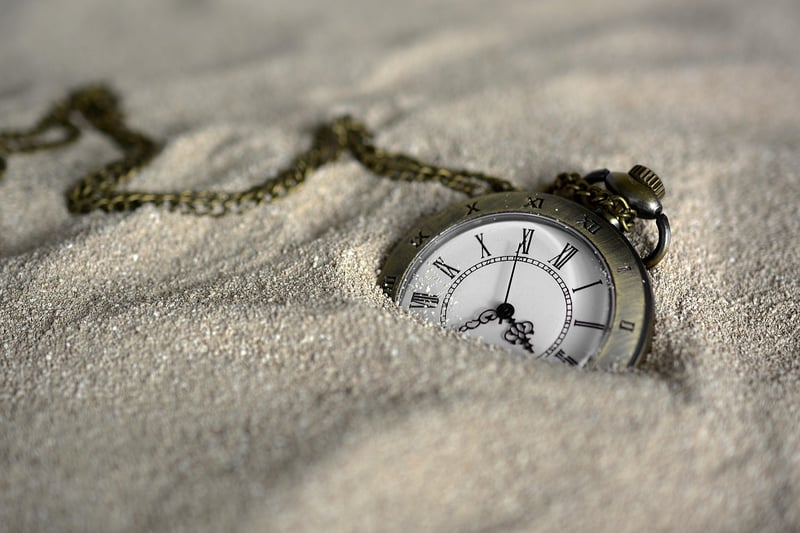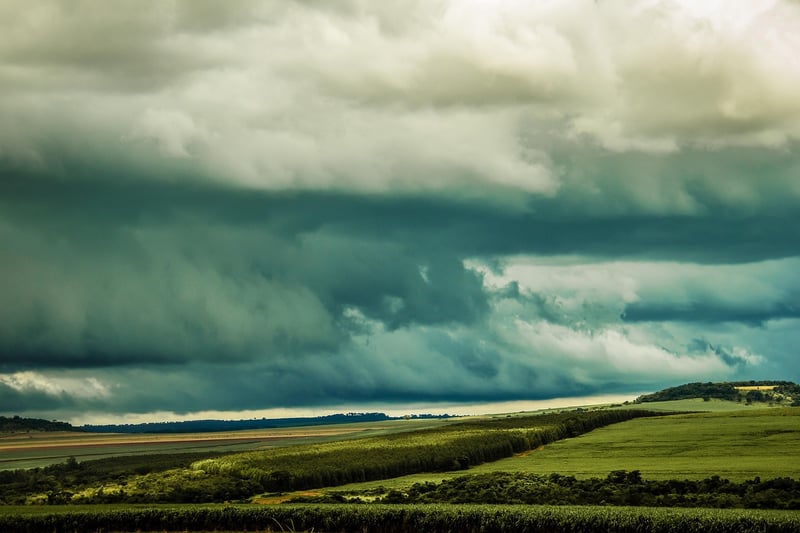Temporal Loops
The Consequences of Time Travel and Temporal Loops
Time travel has long been a fascinating concept in science fiction, allowing characters to journey to the past or future, altering events and shaping the course of history. However, with this power comes great responsibility, as the consequences of time travel can be unpredictable and far-reaching. One of the most intriguing phenomena associated with time travel is the creation of temporal loops.
Consequences of Time Travel:
1. Butterfly Effect: Changing even the smallest detail in the past can have massive repercussions on the present and future, leading to unexpected and unintended consequences.
2. Paradoxes: Time travel can create paradoxes, such as the grandfather paradox where a time traveler could prevent their own existence by altering events in the past.
3. Alternate Realities: Traveling through time may not change the current timeline but instead create a divergent reality, leading to multiple timelines coexisting simultaneously.
Temporal Loops:
Temporal loops are a common occurrence in time travel stories, where an event is trapped in a continuous cycle of repetition. This phenomenon can have profound implications:
- Causality Loops: Events in a temporal loop are both the cause and effect of each other, creating a never-ending cycle with no clear origin.
- Memory Loss: Characters stuck in a temporal loop may experience memory loss or deja vu, as they unknowingly repeat the same sequence of events.
- Existential Crisis: Being trapped in a loop where actions seem futile can lead to existential questions about free will and determinism.
Overall, the consequences of time travel and temporal loops highlight the complexity and fragility of the space-time continuum. While they offer endless possibilities for storytelling and imagination, they also serve as cautionary tales about the dangers of tampering with the fabric of time.

For more insights into the world of time travel and temporal anomalies, explore Space.com's Time Travel Section.
